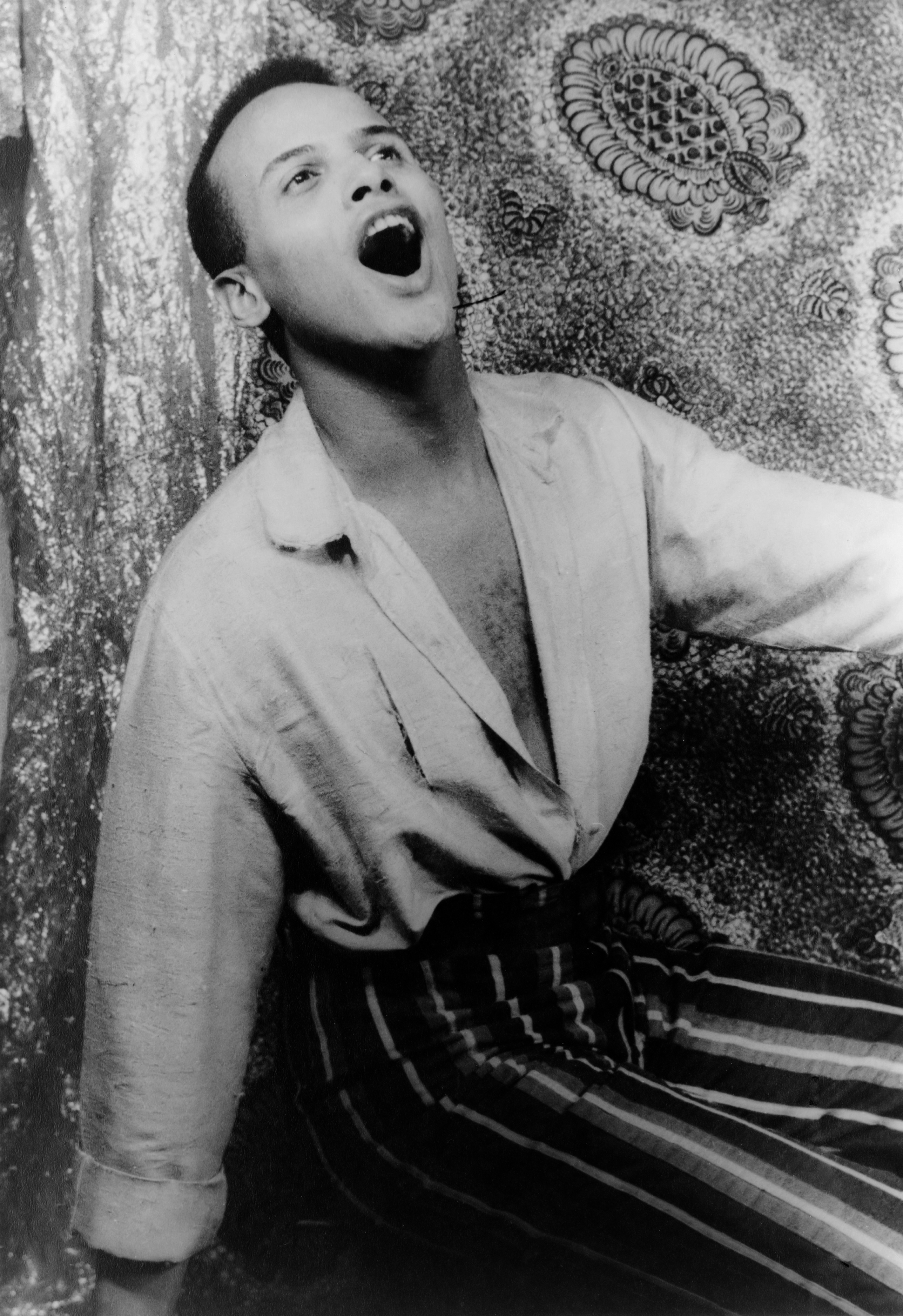I believe I can sing anything.
Meaning of the quote
"Miriam Makeba, a famous South African musician, believed she could sing any type of music. She felt confident and capable of performing all kinds of songs, no matter how different or challenging they might be. Makeba's quote shows her belief in her own singing abilities and her willingness to try new things without limits."

About Miriam Makeba
Miriam Makeba was a legendary South African singer, songwriter, and civil rights activist who brought African music to the Western world. Known as ‘Mama Africa’, her powerful vocals and advocacy against apartheid made her an international icon, despite facing challenges like an abusive marriage, breast cancer, and exile from her homeland.
More quotes from Miriam Makeba
Which goes to show you, you can make all the laws you want, but you cannot change people’s ways. If you must change them, you have to understand that it will take a long time.
South African singer and civil rights activist (1932-2008)
I titled the album Reflections because I am reflecting on my music career.
South African singer and civil rights activist (1932-2008)
It was hard to be away from home, but I am glad that I am home now.
South African singer and civil rights activist (1932-2008)
I look at an ant and I see myself: a native South African, endowed by nature with a strength much greater than my size so I might cope with the weight of a racism that crushes my spirit.
South African singer and civil rights activist (1932-2008)
You are damned and praised, or encouraged or discouraged by those who listen to you, and those who come to applaud you. And to me, those people are very important.
South African singer and civil rights activist (1932-2008)
There are a lot of homes for boys, but very few for girls, that is why I chose to do for girls.
South African singer and civil rights activist (1932-2008)
Girls are the future mothers of our society, and it is important that we focus on their well-being.
South African singer and civil rights activist (1932-2008)
In the mind, in the heart, I was always home. I always imagined, really, going back home.
South African singer and civil rights activist (1932-2008)
It is very much the theme of our President, President Thabo Mbeki, whose passion is for Africa to work together, and for Africans to get up and do things for us. We are trying as women to do things for ourselves.
South African singer and civil rights activist (1932-2008)
Well there is a lot of work here for younger and older musicians now. Our Ministry of Culture has now really embarked on changing things for artists, and it is getting much better. We just have to organize ourselves as artists, and then things will be better.
South African singer and civil rights activist (1932-2008)
I have to go and say farewell to all the countries that I have been to, if I can. I am 73 now, it is taxing on me.
South African singer and civil rights activist (1932-2008)
And I believe that it becomes a troubled continent because there are those who must always cause confusion so that we do not keep these natural resources.
South African singer and civil rights activist (1932-2008)
But if you are going to wear blinders then you do not know the world.
South African singer and civil rights activist (1932-2008)
Everybody now admits that apartheid was wrong, and all I did was tell the people who wanted to know where I come from how we lived in South Africa. I just told the world the truth. And if my truth then becomes political, I can’t do anything about that.
South African singer and civil rights activist (1932-2008)
It’s a really unfair world because life is, where I am; all day long we listen to American music. So I don’t see why the radios in the U.S. cannot even put aside one hour a day just to play music that is not American.
South African singer and civil rights activist (1932-2008)
And why is our music called world music? I think people are being polite. What they want to say is that it’s third world music. Like they use to call us under developed countries, now it has changed to developing countries, it’s much more polite.
South African singer and civil rights activist (1932-2008)
For instance, we’re always fighting amongst each other. Who gives us the arms? And then we become indebted to wherever we are buying them from – with what? The very resources we need to keep there.
South African singer and civil rights activist (1932-2008)
I believe I can sing anything.
South African singer and civil rights activist (1932-2008)
Age is getting to know all the ways the world turns, so that if you cannot turn the world the way you want, you can at least get out of the way so you won’t get run over.
South African singer and civil rights activist (1932-2008)